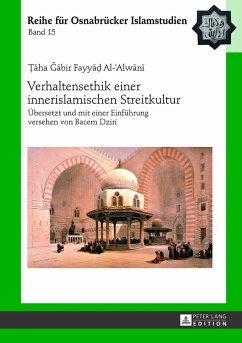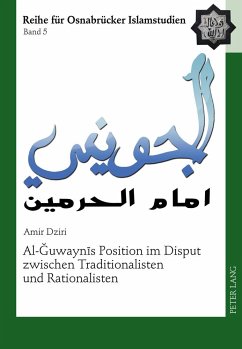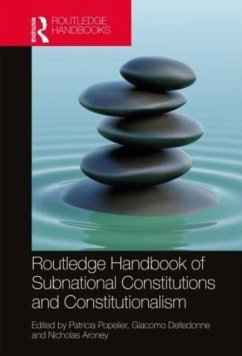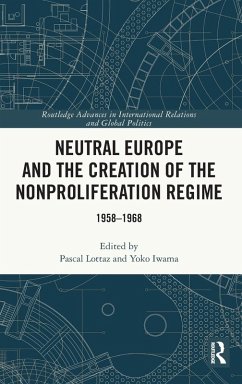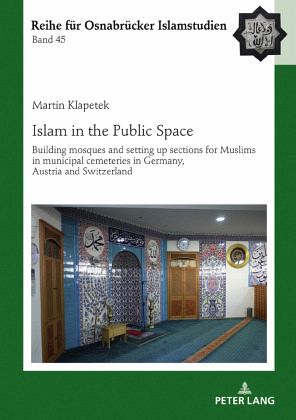
Islam in the Public Space
Building mosques and setting up sections for Muslims in municipal cemeteries in Germany, Austria and Switzerland
Herausgegeben: Ucar, Bülent
Versandkostenfrei!
Versandfertig in 6-10 Tagen
54,95 €
inkl. MwSt.

PAYBACK Punkte
0 °P sammeln!
This book aims to point out the connection between the operation of prayer houses, the construction of multifunctional mosques and the establishment of sections for Muslims in public cemeteries. The unifying motif is the effort to pass on the identity. During the integration process, Muslims become representatives of otherness in a multicultural environment. This book considers a typology of prayer houses and an analysis of the term 'mosque'. Muslim tombstones are not only understood as an expression of the individuality of the deceased created by their family and loved ones; they are also the...
This book aims to point out the connection between the operation of prayer houses, the construction of multifunctional mosques and the establishment of sections for Muslims in public cemeteries. The unifying motif is the effort to pass on the identity. During the integration process, Muslims become representatives of otherness in a multicultural environment. This book considers a typology of prayer houses and an analysis of the term 'mosque'. Muslim tombstones are not only understood as an expression of the individuality of the deceased created by their family and loved ones; they are also the result of the expectations of the diverse representatives of the majority within society.



